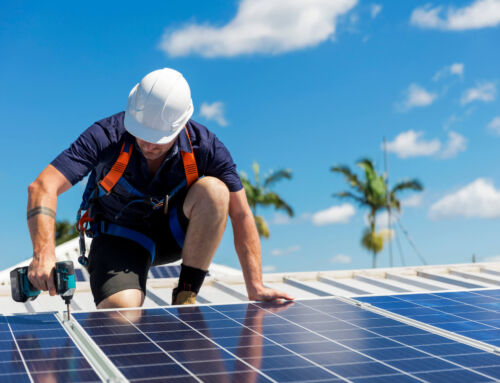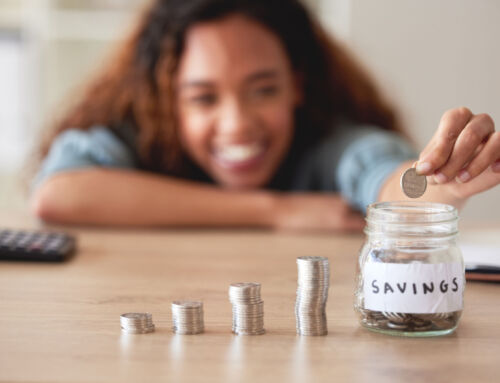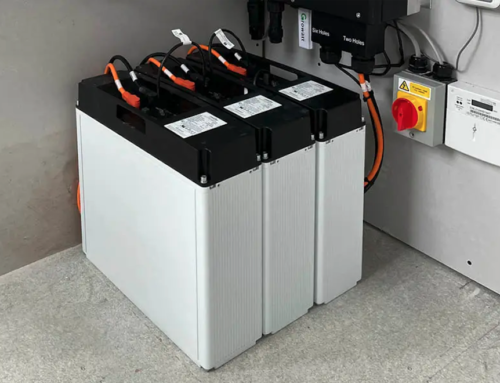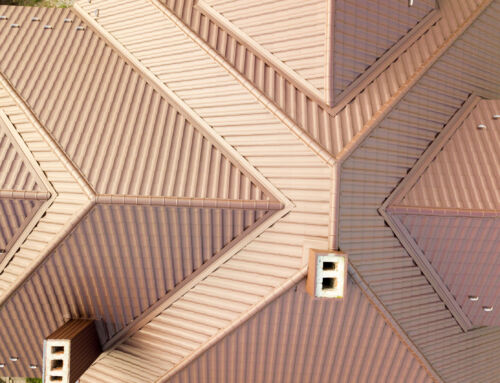Which Option is Best for You, Solar Financing or Leasing?
Installing solar panels on your home can save you money on electricity bills and reduce your carbon footprint. But the loan amount for a solar system can be high. To make solar power more affordable, homeowners can choose between two popular options: leasing solar panels or financing them. What are the differences, and which is better for you?

They take care of repairs and maintenance. You just pay a monthly fee based on how much electricity the panels produce. Lease terms are often 20 years. A benefit is you have no loan. But you won’t own the system or get tax credits.
With solar leasing, a solar company owns the equipment.
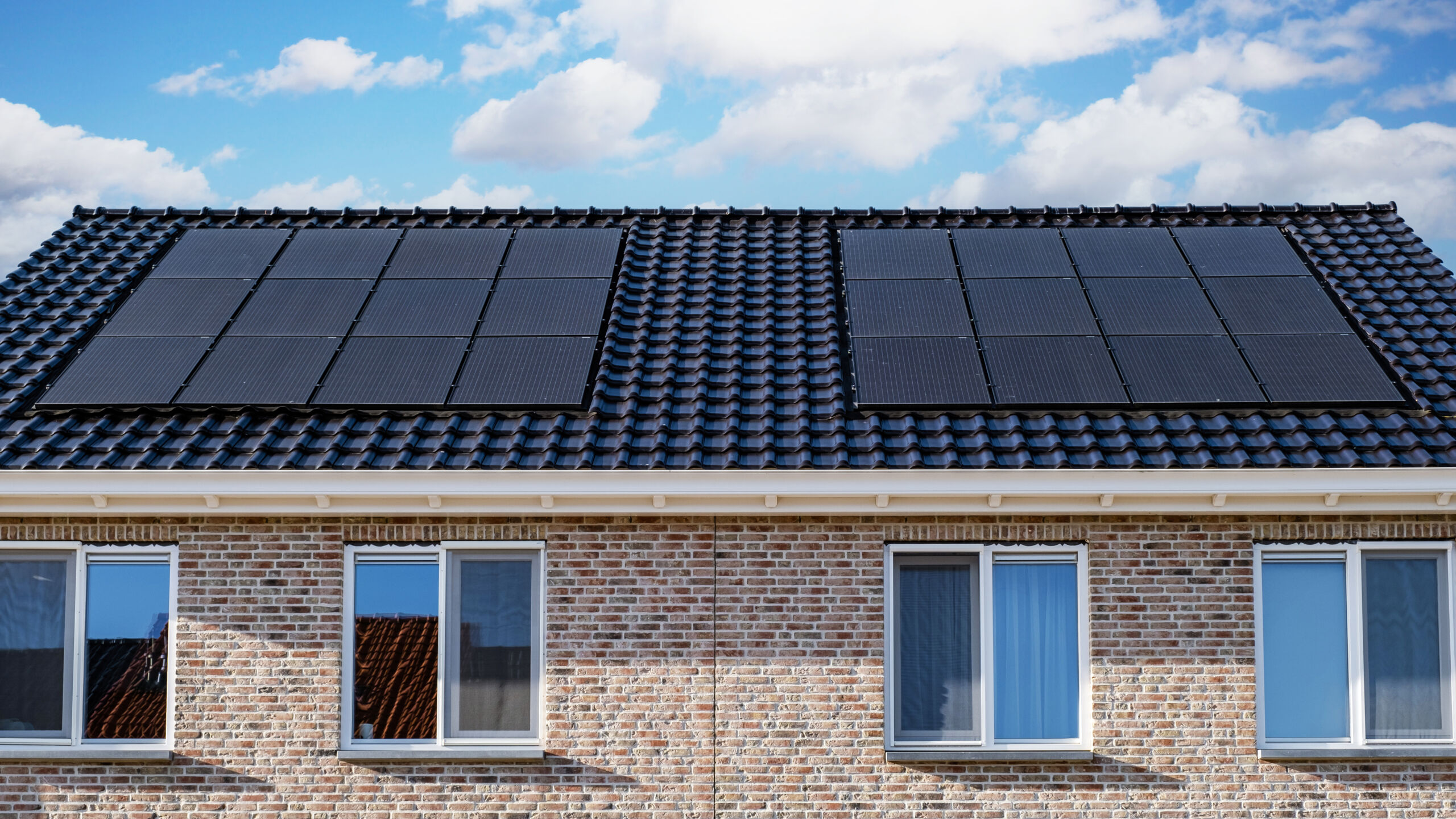
Solar financing means you take out a loan and buy the solar array.
You own it and are responsible for maintenance. Financing terms are often 20-25 years. Benefits are you own the system so can get tax credits and incentives. When the loan term ends, the electricity is free. Also, owned systems often increase home value.
Here are some key benefits of choosing solar financing.
Tax incentives – With financing, you own the solar system so you can claim federal tax credits, usually 26% of the cost. There are also state and local incentives. With solar leases, the owner claims these credits.
Building equity – An owned solar system adds value to your home. This can make it easier to sell. A leased system does not add home value.
Control – When you own the system, you decide things like panel placement and tree removal for production. With a lease, you need the company’s permission.
Cost savings – While financing has higher upfront costs than leasing, owning the system provides greater lifetime savings. You keep the energy savings after paying off the loan.
Customization – Purchased systems can be expanded more easily. It is difficult to modify leased systems.
Selling your home – A purchased solar system transfers to the new owner. Leased systems often require paying off the lease when you sell.
End of contract – At the end of a solar loan, your panels keep producing free electricity. A leased system may need to be removed or purchased once the lease ends.
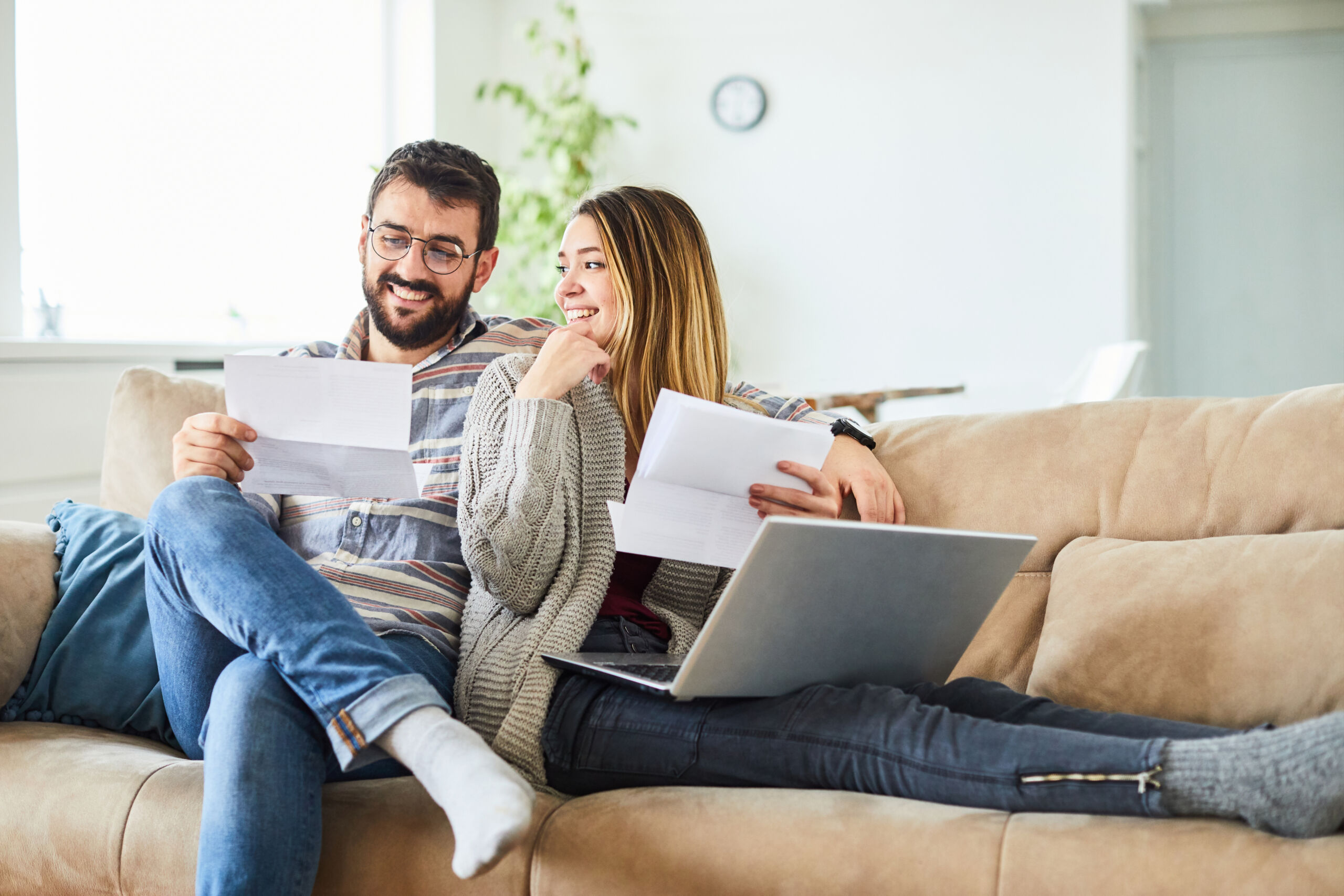
In summary, financing a system tends to have more long-term savings compared to leasing. You also get tax credits, home equity, control, and ownership. For most homeowners, solar financing is a better option than leasing for reaping the rewards of solar power.
